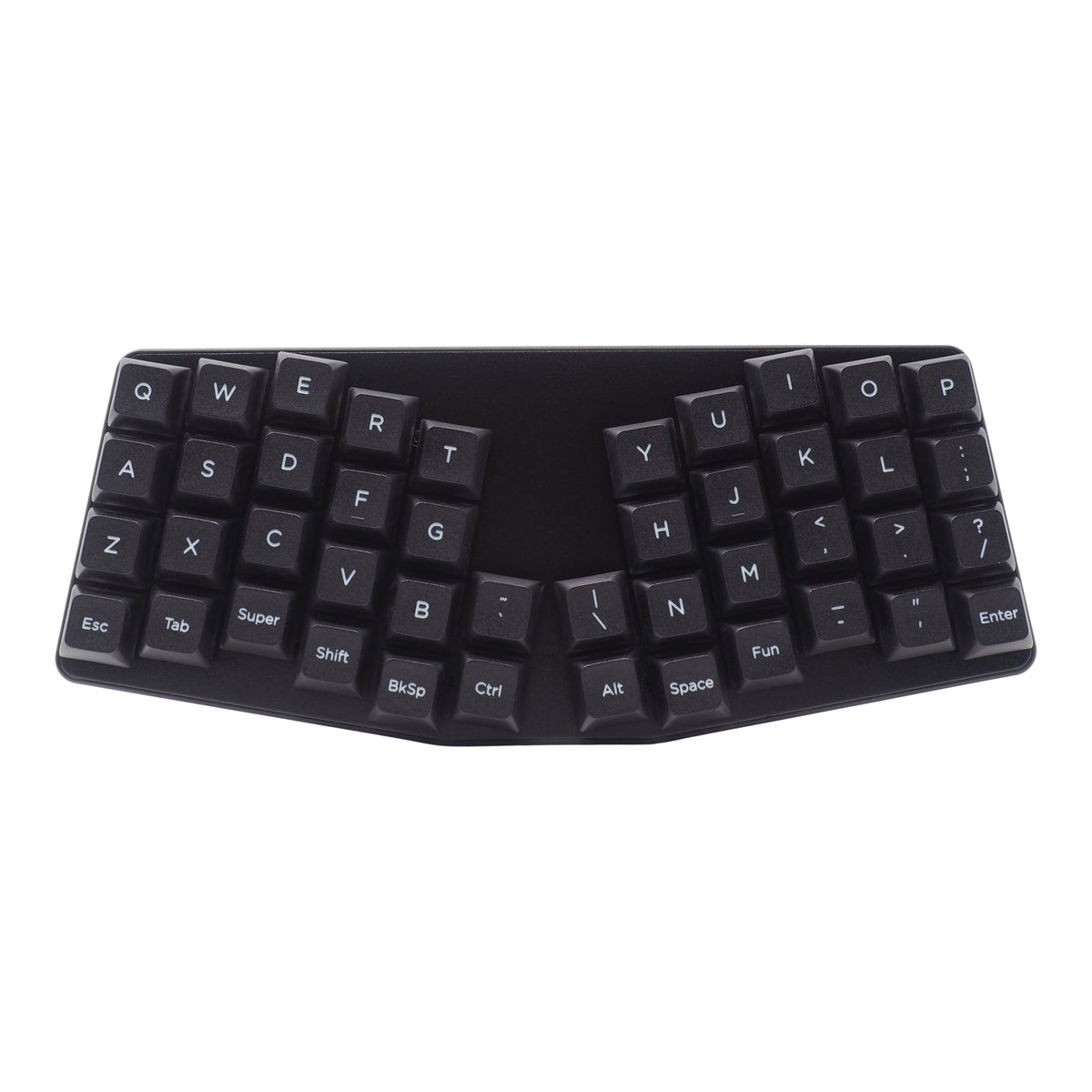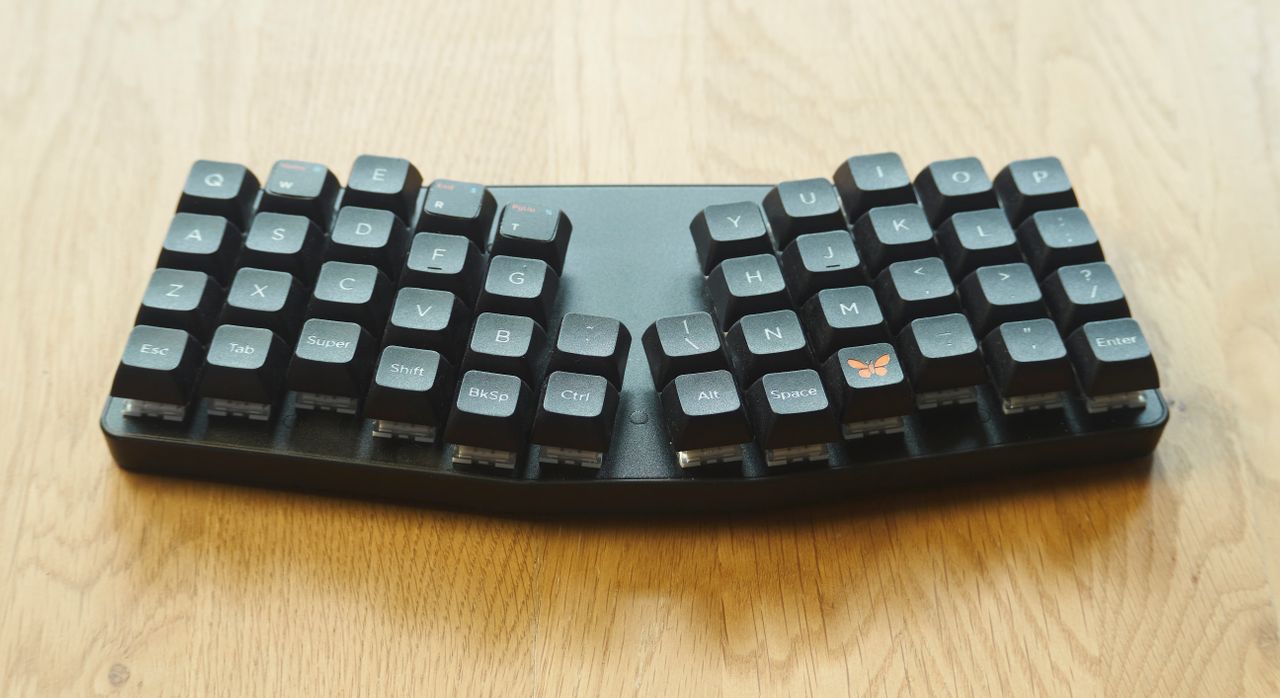
How a solitary prisoner decoded Chinese for the QWERTY keyboard
is professor of Chinese history at Stanford University. His books include Coming to Terms with the Nation: Ethnic Classification in Modern China (2010); Critical Han Studies: The History, Representation and Identity of China’s Majority (2012); and The Chinese Typewriter: A History (2017). His next book, The Chinese Computer: A Global History, is forthcoming.
In China, suburban garages do not factor in the lore of computing history the way they do in the United States. But prisons do – at least, one particular prison in which a brilliant Chinese engineer was sentenced to solitary confinement for thought crimes against Mao Zedong during China’s Cultural Revolution. His name was Zhi Bingyi and, during long and anxiety-ridden days, months and years of solitude, he made a breakthrough that helped launch China’s personal computing revolution: he helped make it possible to type Chinese with a run-of-the-mill Western-style QWERTY keyboard.
Zhi was born in 1911 on China’s eastern coast, in Jiangsu province. His generation shouldered an almost unbearable burden: a mandate to dedicate their lives to the modernisation of their country. Zhi completed his undergraduate education in 1935, receiving a degree in electrical engineering from Zhejiang University. He moved to Germany in 1936, receiving his doctorate in 1944 from the University of Leipzig. He spent nearly 11 years in Germany, becoming fluent in the language, and marrying a German woman.











:max_bytes(150000):strip_icc()/20230725-SEA-Marinades-hero-fba7a18123b946f6be7316ca995abc82.jpg)






